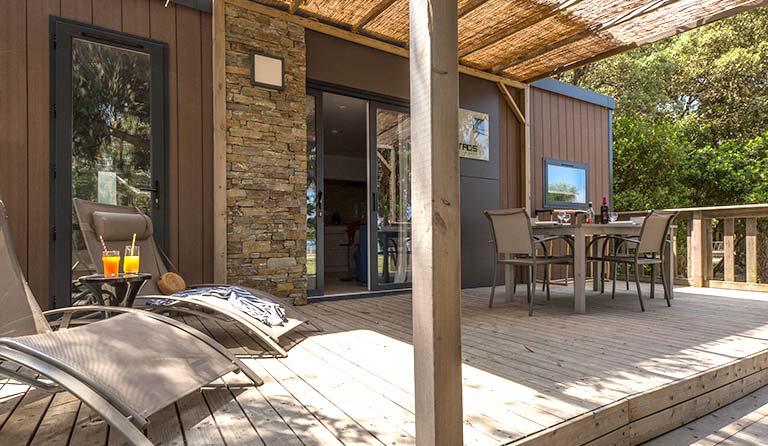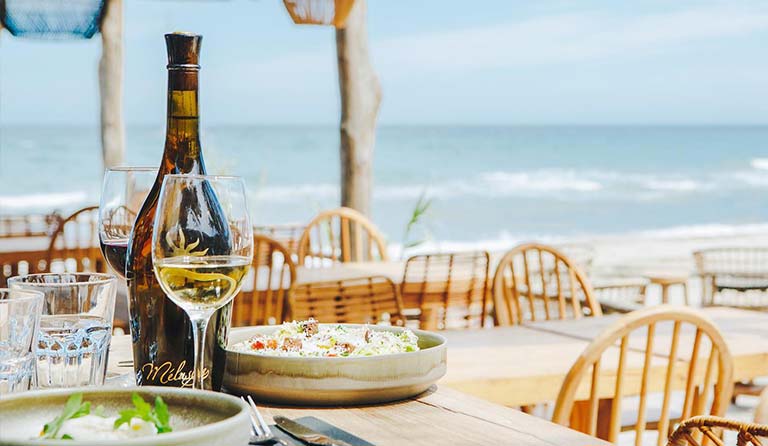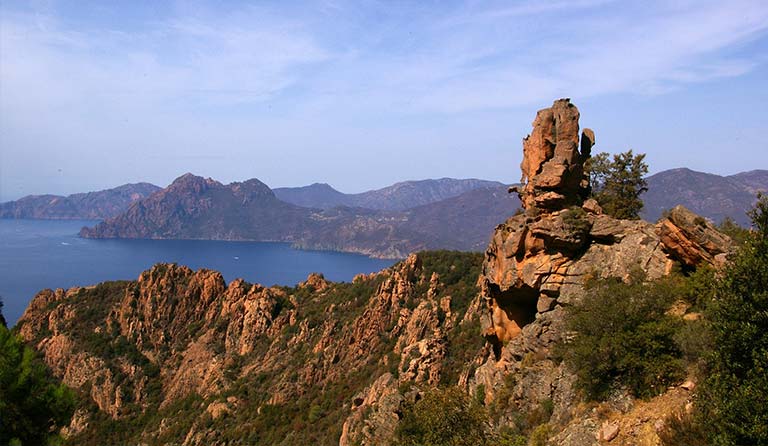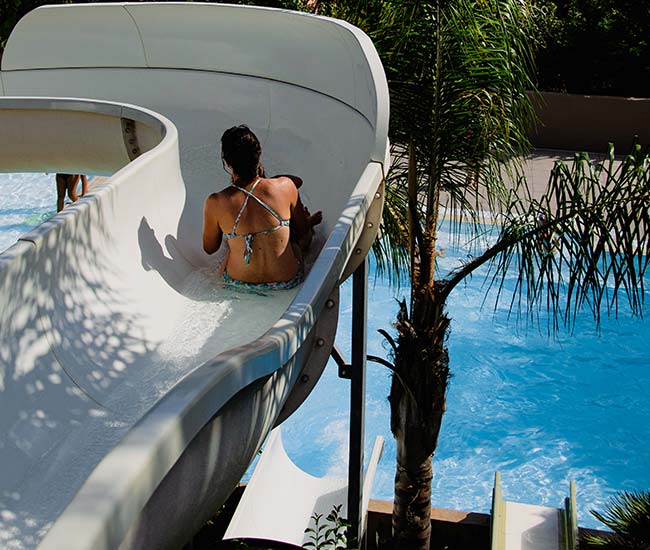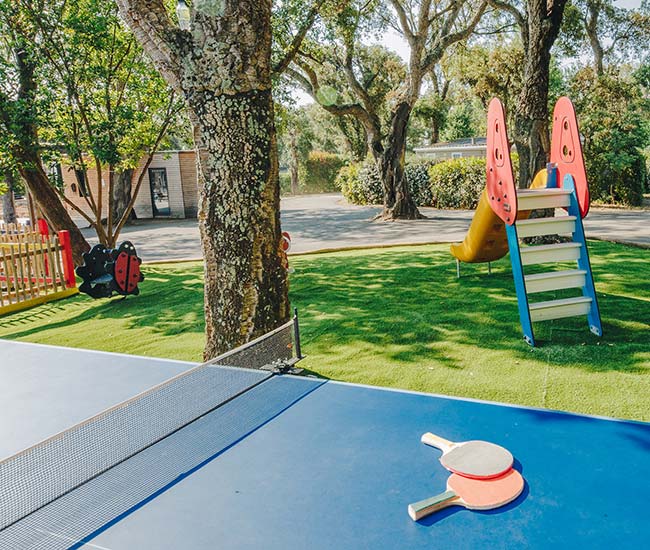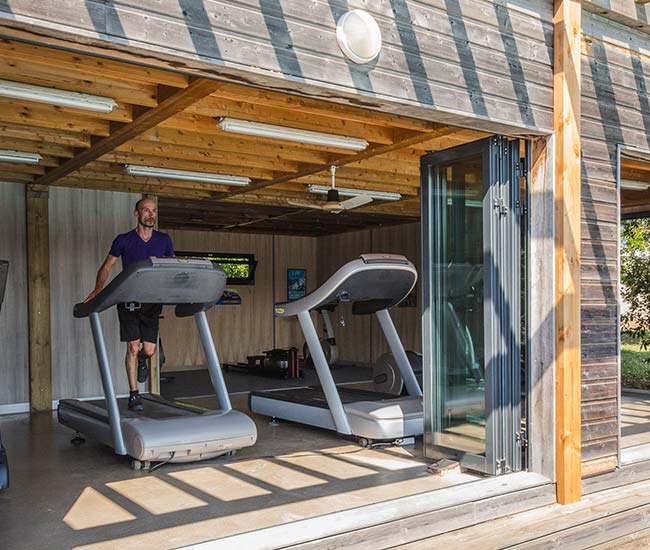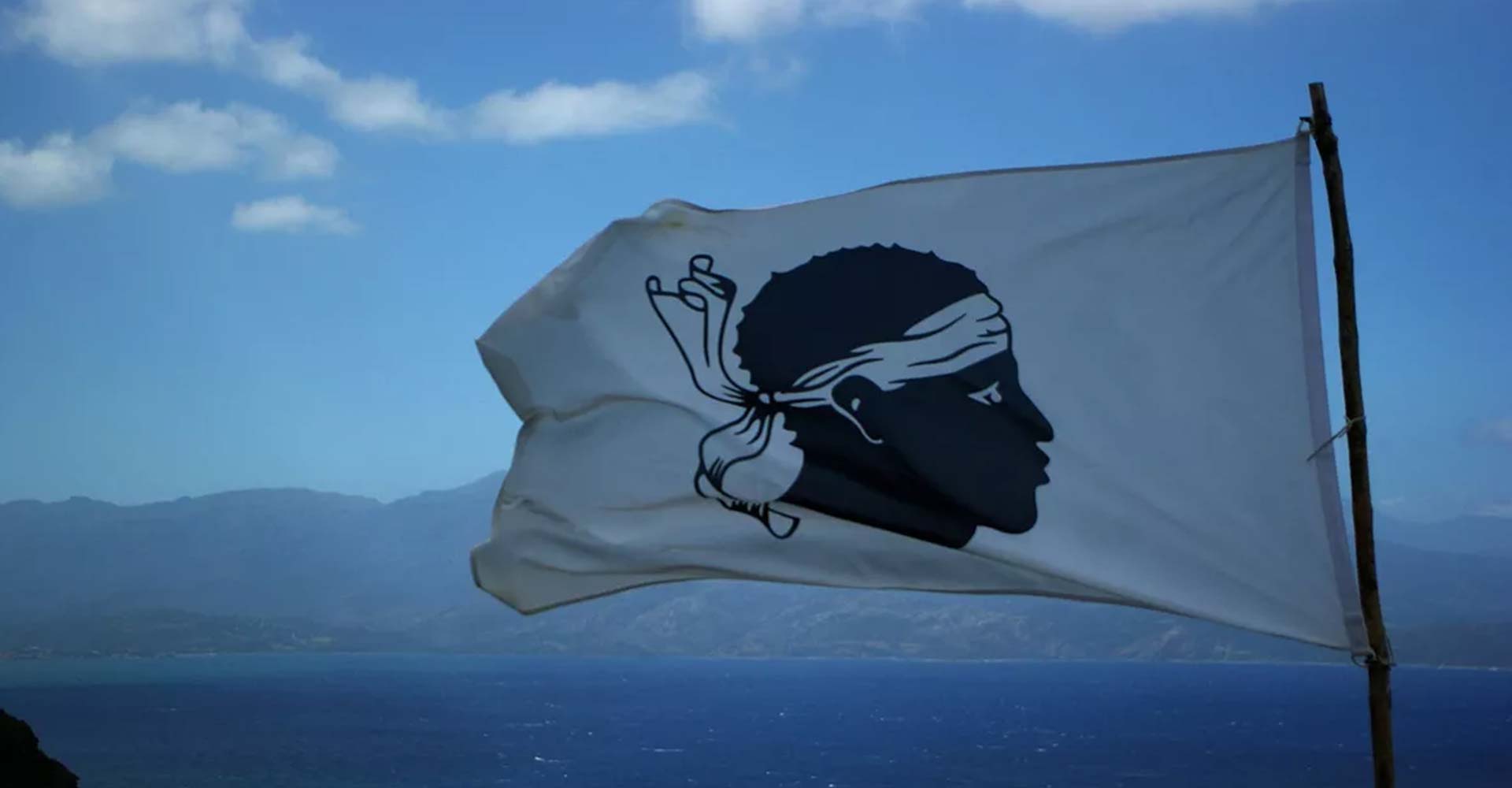
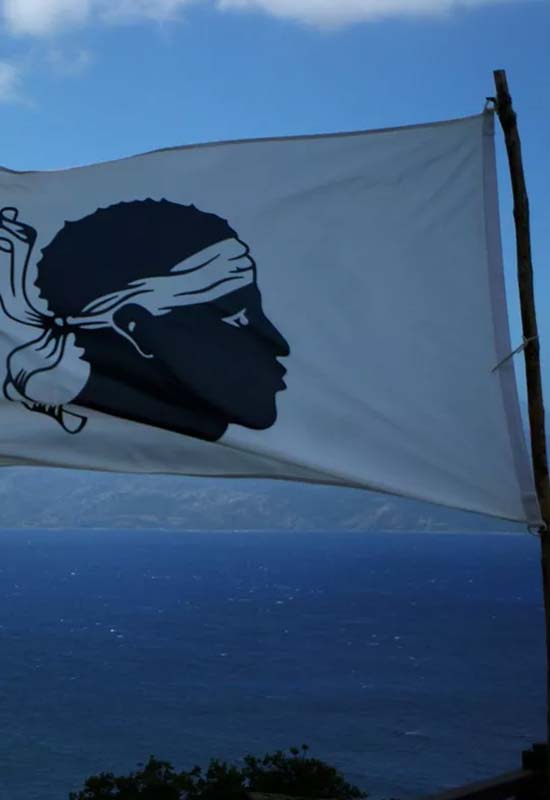
What are the Corsican expressions to know before going on vacation?
Of course, we speak French in Corsica. However, this traditional territory has kept its dialect and it can be good to know the basics before going there. Very attached to their culture, the Corsicans speak and defend their language (just like their gastronomy or their vineyard elsewhere) that he places at the center of their identity. So, what are the Corsican expressions to know before going on vacation? Here is a short summary that will undoubtedly be useful to you.
A Romance language
As is the case for French, Italian or Spanish, Corsican is a Romance language whose bases are close to the others. But, before you start conversing, it is important to have some tips on the mode of pronunciation.
Here’s what to help you:
- The “U” is pronounced “OU”,
- the “T” turns into “D”,
- the “ TT ” to “ T ”,
- the “ V ” is pronounced “ B” (except in southern Corsica)
- In the South, the “ LL ” is pronounced “ DD”.
- The consonants K, W, X do not appear in the Corsican language.
- With regard to vowels, the “ A” and the “ I” are pronounced as in French, the “ U” is pronounced “ OU”, the “ E” is never silent and the “ Y” is never mute. does not exist.
Words and expressions to know
Here is a list of words that will be useful to you on a daily basis during your stay on the island of beauty:
- Yes: iè
- No: Innò
- Welcome: Welcome
- It’s okay: va bè
- How are you? : Cumu và ?
- Hello: Bonghjornu or salute
- Good evening: Bona sera
- Good night: Bona note
- Cheers: Salute!
- Goodbye: Avvedeci
- Please: Pè piacè
- Thanks: Grazie
- Thank you (Vi ringraziu)
- Excuse me: Scusatemi
- Can I eat? : manghjà, possu?
- Machja: the maquis (local vegetation)
- Paghjella: traditional polyphonic singing
- Amicu: friend
- I’m looking for: Cercu
- Enough: Basta
- See you soon: Dopu
- See you later: See you soon
- It’s Hot: Face u caldu
- Wait! : Aspetta!
- Come Here: Veni qui
- Kisses: Basgi
- Coffee: Caffè
- Money: I soldi
- Boat: U battellu
- Hotel: Osteria
- Car: A vittura
- Tour: Giru
- Front: Davanti
- Behind: Daretu
- Straight: Dirittu dirittu
- Left: À manca
- Right: À dritta
How to pronounce and write numbers?
- Zero (zeru),
- a (unu),
- two (duie),
- three (trè),
- four (quattru),
- five (cinque),
- six (sei),
- seven (sette),
- eight (ottu),
- nine (nove),
- ten (dece).
Some additional information
In Corsica, travellers from the mainland are called “ Pinzuti ” for “pointy” in reference to the accent (of Parisians most often).
A pretentious person will be called “ monta sega ”. The words “ Avà”, “ piombu ” or “ va bè” are interjections to translate astonishment or punctuate a sentence verbally. “Hello! is used to translate impatience, and “ chè ” to challenge someone.
Finally, someone who disturbs or is unpleasant can be qualified as “stregna or stragna”, that is to say “witch”.

